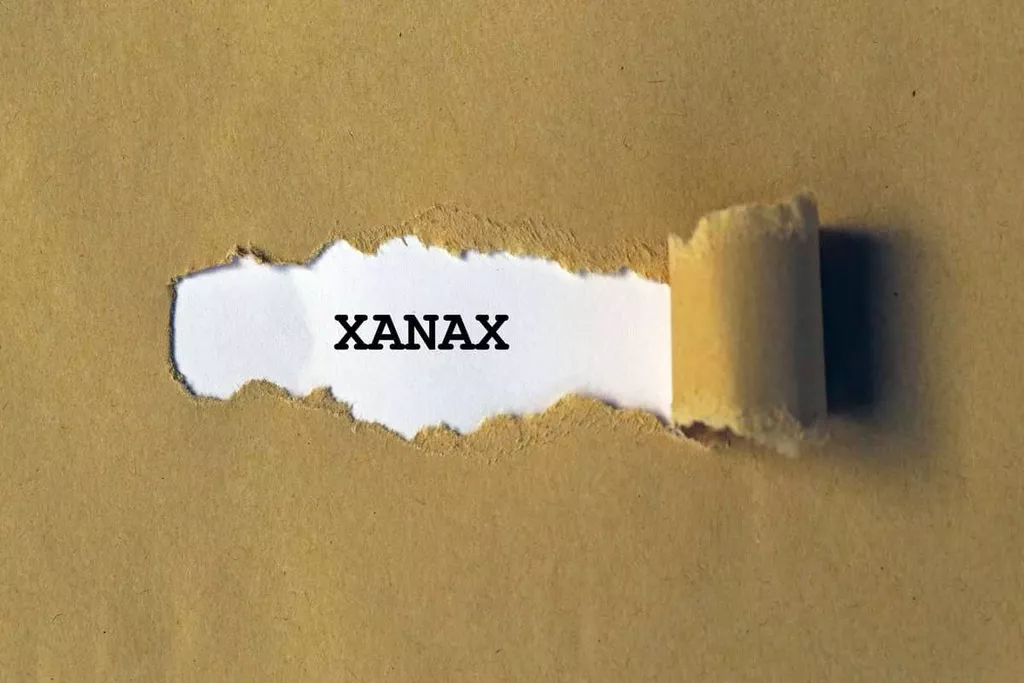
Relapse is viewed by psychologists as more of a process than a singular event. A relapse is the result of a series of events that occur over time, according to psychologist and researcher Alan Marlatt, Ph.D. You might imagine a relapse as a single event that occurs during a moment of weakness. In many cases, relapse can also affect the brain by causing the abstinence violation effect discussed in this article.

Specific Intervention strategies in Relapse Prevention
It's commonly observed in individuals striving to maintain abstinence from behaviors like addiction, behavior changes, or eating disorders. AVE occurs when someone who is striving for abstinence from a particular behavior or substance experiences a setback, such as a lapse or relapse. Instead of viewing the incident as a temporary setback, the individual perceives it as evidence of personal failure, leading to increased feelings of guilt, shame, and hopelessness (Collins & Witkiewitz, 2013; Larimer, Palmer, & Marlatt, 1999).
Moving Forward in Recovery After AVE
In both examples, the abstinence violation effect manifests as an intense emotional response to a perceived lapse in recovery efforts, leading to further distress and potentially harmful behaviors. Learning to recognize and manage this effect is crucial in eating disorder recovery to promote self-compassion, resilience, and sustainable progress. As a result of stress, high-risk situations, or inborn anxieties, you are experiencing negative emotional responses. Emotional relapses can be incredibly difficult to recognize because they occur so deeply below the surface in your mind.
Getting support for substance use disorders and/or relapses

It has also been shown to promote a decrease in symptoms of anxiety, depression, and specific phobias, all which have a comorbid relationship with substance use disorders. If you’re interested in trying online therapy, you can reach out to get matched Sober living house with a qualified virtual therapist today. The AVE is a psychological response to relapse within the relapse process. It arises when a person starts to feel that when a lapse occurs, it is indicative of a moral failure, loss of hope for continued recovery, or proof that recovery is ultimately not possible. This is a common risk factor, but psychologists, rehabilitation professionals, and treatment centers work hard to combat it because it's generally not constructive for the individual's future success. Fortunately, professional treatment for addiction can improve outcomes for people experiencing the Abstinence Violation Effect.

- Some other examples of things a person might abstain from include drugs, sexual behaviors, unhealthy foods, tobacco, and social media.
- Relapse prevention includes understanding what triggers substance abuse, which varies from person to person.
- Never disregard professional medical advice or delay in seeking it because of something you have read on this website.
- Giving up on sobriety should never feel like a justified response to vulnerability.
Abstinence can be considered a decision to avoid behaviors that are risky in and of themselves, like using drugs. That said, abstinence can also come from a desire to avoid a potential high-risk situation later on. For example, someone might decide to quit smoking to lower their health risks later in life, even if a single cigarette might not be life-threatening in the moment. The AVE can affect anyone, but the impact of it on someone who is managing an addiction can be more significant.
- There is a possibility that you might rationalize why you might not experience the same consequences if you continue to use.
- So while the AVE is not a concept that relates only to addiction, strong symptoms of it can be present in substance use disorder situations.
- Those in addiction treatment or contemplating treatment can benefit from this aspect of relapse prevention.
- That way, the individual may be better able to avoid the most likely causes of relapse and the potential resulting AVE.
- Relapse has been variously defined, depending on theoretical orientation, treatment goals, cultural context, and target substance (Miller 1996; White 2007).
SD assisted with conceptualization of the review, and SD and KW both identified relevant literature abstinence violation effect for the review and provided critical review, commentary and revision. Set realistic expectations for your recovery journey, understanding that progress may not always be linear. He is a member of over a dozen professional medical associations and in his free time enjoys a number of different activities. Although now retired from racing, was a member of the International Motor Sports Association and Sports Car Club of America. Dr. Bishop is also a certified open water scuba diver, he enjoys fishing, traveling, and hunting. He calls this “urge surfing.” Instead of denying our addictive nature or hating ourselves for it, we learn to keep living in spite of it.
Self-efficacy is defined as the degree to which an individual feels confident and capable of performing certain behaviour in a specific situational context5. The AVE was introduced into the substance abuse literature within the context of the “relapse process” (Marlatt and Gordon 1985, p. 37). Relapse has been variously defined, depending on theoretical orientation, treatment goals, cultural context, and target substance (Miller 1996; White 2007).



